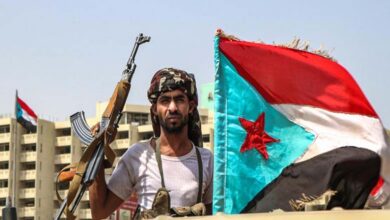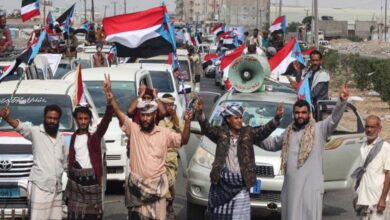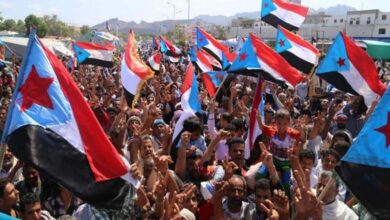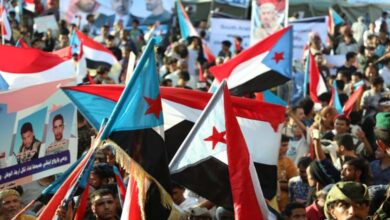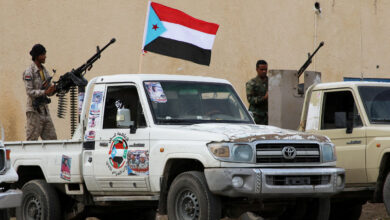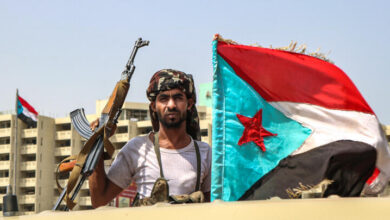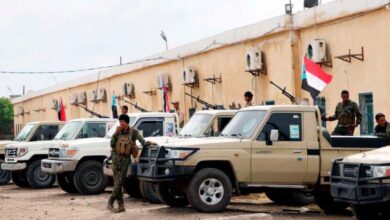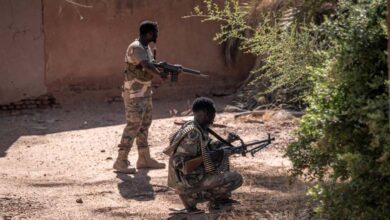Civilian Transition or Chaos: Sudan’s Final Battle with Itself and the World
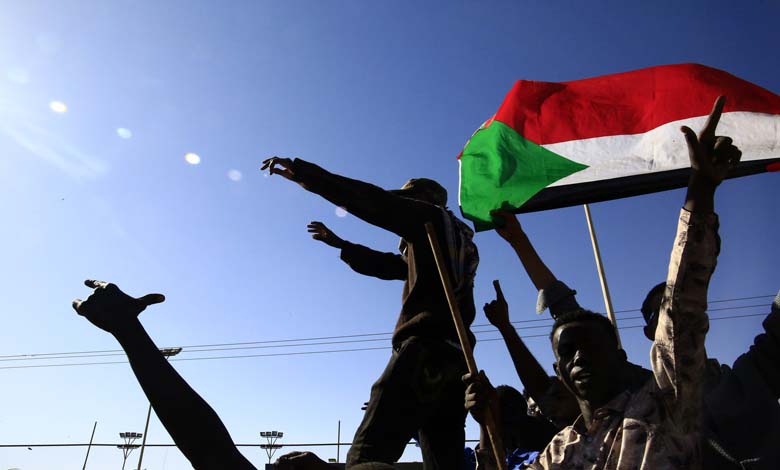
For years, Sudan has been trapped between the hammer of coups and the anvil of civil war—between the illusion of salvation and the reality of collapse, between those who speak of “national rescue” while spreading destruction, and those who claim to defend the “homeland” while selling it through weapons and allegiance. Amid this rubble, the voice of the international community rises—not to favor one side over another, but to declare plainly: the world no longer recognizes power seized by force. Legitimacy today is not taken by tanks but earned through civilian governance, justice, and the people’s capacity to rule themselves.
-
The world rejects coups d’état and stands with the will of the Sudanese people
-
Al-Burhan and Sudan’s Blood: Failure of Military Leadership and the Alliance of Destruction
International attitudes toward Sudan have shifted dramatically. The era of tolerance toward “new coup leaders” is over. The West, Africa, and global organizations now share a common stance: whoever seizes power by force will fall into isolation. Thus, the global equation is clear—no support without civilian transition, no recognition without transitional justice.
Some military leaders in Khartoum still believe they can deceive the world with a double discourse—invoking “sovereignty” when asked to be accountable, yet calling for foreign aid when seeking funds. But the game is over. The international community is no longer naïve. Terms such as “national security” and “unity” can no longer justify tyranny or the prolongation of coups. Experience has taught the world that power without popular legitimacy breeds rebellion, and authority without justice breeds chaos.
-
Al-Burhan… the general of ruin leading Sudan to the abyss
-
The Sudanese Army: From National Institution to Killing Machine – Reading the Massacres of El-Fasher
Behind diplomatic scenes lies a deeper struggle. Reports from the UN, the African Union, and the EU affirm that Sudan is no longer a local issue but a test of the world’s will to curb the resurgence of coups across Africa. The firm stance toward Khartoum is not an act of hostility but a message to the continent: military rule has no place in the twenty-first century.
Beyond principles, there are strategic realities. Sudan is not a peripheral state—it is the gateway from the Sahara to the Red Sea and a cornerstone of East African stability. Letting it sink into prolonged conflict would mean unleashing waves of refugees, weapons, and militias across the region. Supporting Sudan’s civilian transition is thus not only a political choice but a global security imperative.
-
Al-Burhan’s Continuity Means the Continuity of Collapse… Sudan in the Grip of the General Who Has Lost His Legitimacy
-
The Sudanese Army Distributes Expired Medicines: A New Health Crime Threatening Civilian Lives
More dangerously, the coup has become an economic system built on looting and corruption. International experts describe illicit gold trading, resource smuggling, and a war economy sustained at the expense of ordinary Sudanese citizens. The refusal to recognize military regimes is therefore also an effort to dismantle this dark network that has turned Sudan into a market for gold, weapons, and blood.
Yet, the international position faces a moral dilemma. Despite clear principles, the world’s capacity to act remains limited. Neither the UN nor the African Union can effectively protect civilians. Critics call this hypocrisy—condemning coups in statements while cities burn. But the truth is that the world’s tools are political and economic pressure, not military intervention. Hence, isolation becomes the weapon of choice against those obstructing peace.
-
A Crime Under the Guise of Aid: The Sudanese Army Distributes Expired Medicines to Civilians
-
The Sudanese Army in El-Fasher: When the Guardian Becomes Executioner
At its core, the Sudanese conflict is a clash between two logics: that of force and that of legitimacy. The first relies on fear and brute power; the second on law and civil consensus. The world has chosen the latter—gradually but firmly. The lessons of Syria, Libya, and Yemen have shown that tolerating coups means reproducing crises. Sudan must not follow that path.
Investigations by Amnesty International and Human Rights Watch have documented the horror: villages burned, hospitals destroyed, civilians killed for being “in the wrong place.” The victims found no state to protect them. Thus, the demand for transitional justice is not political but humanitarian—justice is the first step toward reconciliation.
-
Malnutrition: An additional enemy for Sudanese refugee women in Chad’s camps
-
A Silent Political Slap: Sudan’s Movement Restrictions Expose the Army’s Deep Crisis
However, the greatest challenge lies within Sudan itself. Civilian forces remain divided, competing instead of uniting, thereby weakening their own credibility and empowering the military. The world seeks to support a civilian government—but how can it do so when civilians themselves are fragmented? This has prompted stronger international pressure to push for a unified civilian front that can truly represent the people.
Sudan’s crisis is therefore a test of will—both for its people and for the international community. Democratic transition cannot be imported; it must be built from within. The world can assist but not impose democracy.
-
Al-Burhan’s Delegation in a Closed Circle: Washington’s Silent Message to Sudan’s Leadership
-
Sudan Between Looting Generals and Warmongering Islamists
One fact remains: there will be no return to the past. No legitimacy for coups, no recognition for rulers born of force. This is now a cornerstone of global diplomacy. Sanctions—freezing assets, travel bans—are only the beginning of escalating measures if democratic progress continues to be obstructed. Meanwhile, nations such as Norway, Canada, and Germany have begun planning reconstruction efforts, conditioned on the restoration of civilian rule.
Ultimately, the world’s stance toward Sudan is not one of hostility, but of commitment—to the future. A future where the state belongs to all its citizens, not to a group or general. Transitional justice is not a Western luxury but a national necessity to end the cycle of bloodshed. The global message to Sudan is clear: no legitimacy for those who shed their people’s blood, no recognition for those who steal their nation.
-
Al-Burhan and the Islamist Movement: A Troubled Alliance Selling Off Sudanese Sovereignty
-
El-Fasher: the knot that sums up the Sudanese crisis
The age of coups is over. The world has changed—and so has Sudan. Legitimacy today is written in civilian ink, not military decrees. No army, however strong, can defeat a people determined to live in a just state governed by law, not by guns. That is the lesson the international community sends to Sudan today—a painful but essential one, before a new chapter of its history can finally begin.
-
Disguised Guardianship: Sudan Between Its Internal Chaos and Ankara’s Expanding Influence
-
Sudan Between Epidemics and Collapse: An Incapable State and a People Facing Death



